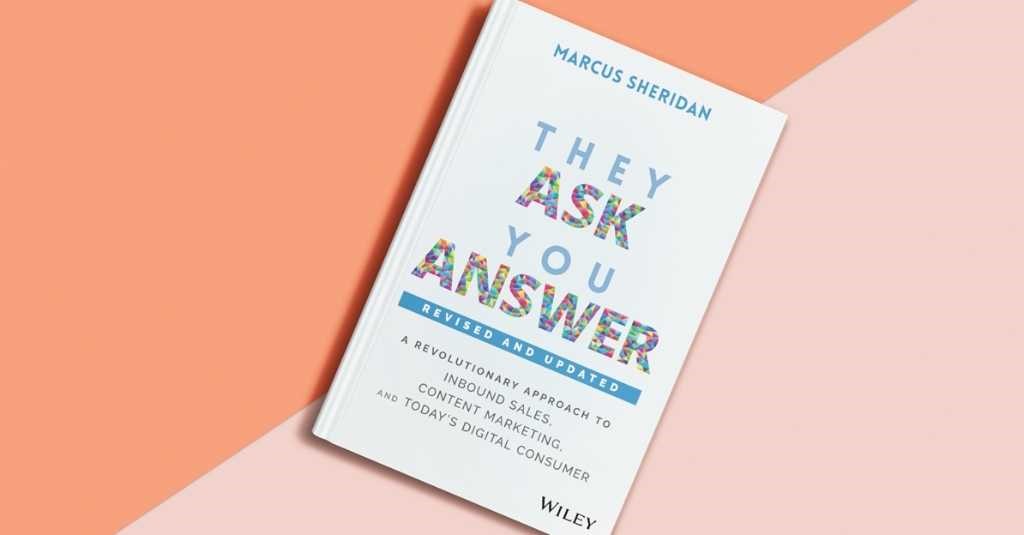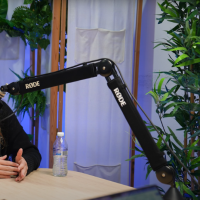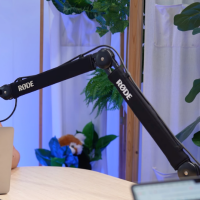You have a limited number of resources, and you need to decide where those resources go to meet your KPIs. Organic social media and paid social media pop up into your field of vision, and both seem great, but you’re left wondering, what’s the difference, and which one should we focus on? If you’re grappling with the decision of choosing between paid social media or organic social media marketing, or if you just want to know the difference between the two, this article will help.
Paid Social Media Overview
Paid social media refers to any content on social media that requires payment to place your brand, product, or service in front of your target audience across social media channels.
In essence, paid media is a ‘pay-to-play’ strategy where you pay to have your content displayed to a larger audience.
It’s like renting billboard space on a busy highway. Only in this case, the highway is a social media platform
It encompasses a broad range of channels – including:
- TikTok
- Snapchat
- Twitter and more.
Even YouTube is considered a social media network due to features such as user generated content, community interactions, personalisation, networking and virality potential.
When you look at paid media as a whole, it can be overwhelming because there’s so many channels and it can be difficult to develop a strategy or think about which channels might be worth investing in for your business.
Impact of Social Media
The impact of paid social media can be immediate and massive.
You get to reach a larger audience, beyond your existing followers, and target your advertisements to specific demographics based on age, location, interests, and more.
This means that your content can be seen by those who are most likely to be interested in your products or services.
Some of the key benefits include:
- Instant traffic: while organic social media takes time to build, you can results instantly with paid social media
- Measurable: every aspect of paid social media can be tracked, which means you can monitor your return on investment quite easily
- Multi-channel targeting: you can use something called ‘Audience Network’ on social media channels to target users on apps, websites and places outside of social media as well. Although the ads are run within the social media business advertising account, you can extend the ads beyond social media as well
- Retargeting capabilities: Social media ad channels have powerful retargeting capabilities. You can choose to be very targeted and specific, which becomes powerful for reaching the right people at the right time. For example, you could retarget users who have watched 75% or more of one of your specific video ads in the past. In this way, you’re spending money to reach users who have already shown interest in your brand, or interest in particular products/services.
Organic Social Media Overview
Organic social media marketing, on the other hand, refers to any action taken on social media platforms that doesn’t involve a paid promotion.
It relies on naturally engaging with your audience through regular posts, responding to comments, direct messages, and organic (non-paid) influencer partnerships.
Organic social media marketing is like cultivating a garden. It involves growing your social media presence naturally over time by consistently posting valuable content and engaging with your followers.
Impact of organic social media marketing
It’s your opportunity to build a loyal following, foster relationships, and develop a community around your brand. This strategy may lead to long-term customer loyalty and higher levels of engagement.
There are several benefits to organic social media marketing, including:
- Cost-Effective: Except for the time and resources you invest in content creation, it doesn’t require any additional financial expenditure.
- Long-Term Relationship Building: Organic social media allows businesses to build long-term relationships with their audiences. Contrary to paid social media, organic provides you with the opportunity to build a relationship with your customers and become a trusted voice of authority in your industry.
- Enhanced Credibility and Trust: If you had to choose between doing business with a brand that posts content consistently, has a loyal and somewhat large social media following, and has an engaged audience, versus a brand that does not have these things, who would you rather work with? Organic social media marketing ultimately helps build credibility and trust.
Insourcing vs outsourcing paid and organic social media
The decision to manage paid and/or organic social media in-house or outsource to an agency depends on several factors like your budget, expertise, and capacity.
At RedPandas, while we offer paid media services for clients, we also coach businesses to become self-reliant so that they never need to outsource again.
We believe that if an agency does their job right, the client shouldn’t continue to require services from an agency long term and this should be the eventual goal of every growth driven business
In saying that, it may make more sense for you to outsource your paid/organic social media. Let’s take a look at both options.
Should you outsource Organic Social Media Management to an agency?
In short: No. Now I’m sure there will be obvious exceptions to this rule like there is for everything in digital but for the most part this is not management of your organic social media is not something we recommend.
Why? For the very same reason we recommend you employ in-house content writers. Your posts need to represent the true essence of your brand and your people.
When you use an agency for social media management, you lose that authenticity of your brand – and people can tell. It usually feels like lazy marketing from the perspective of users.
Now there may be exceptions for instance say you engage an agency to help build a promotional campaign and part of that campaign includes a series of posts that they may amplify with paid for instance. Ongoing though, you’re better off doing less yourself and being authentic then doing more generic drivel.
In-house Paid/Organic Media Management:

Say you do want to take both paid and organic social in-house but your team needs some assistance. This is where content and paid media coaches can help.
Running your paid social media campaigns and managing your organic social media accounts in-house gives you full control over your strategy. On top of this, you’ll find that work gets done faster because there’s less red tape. When you insource, your work is being done by team members that live and breathe your company, as opposed to specialists that are working across multiple companies.
But, it also means you’ll need to invest time and resources into hiring and training a team, staying up-to-date with the latest trends and tools, managing the campaigns and social media accounts, and creating content.
Ultimately, we’ve seen insourcing your team produce more money in the longer term but it does require a higher upfront investment than outsourcing.
On the other hand, if you don’t have the budget or resources yet, then utilising an external agency to do it for you for some time might be the best option.
Outsourcing to a Paid Media Agency:

This is where a team, such as ourselves, do all the work for you.
At RedPandas, there are some clients who operate in industries where coaching and training by a paid media trainer will be supremely successful. However, this may not work in more competitive and aggressive industries.
For paid media (social and other like Google ads), outsourcing can be a good idea due to the sheer complexity of these networks and the years of experience it requires to best other aggressive advertisers to get a ROI.
The best paid media agencies have teams of paid media specialists that just do paid media, day-in/day-out. They are evaluating a large number of campaigns and have masses of data you just don’t have access to.
Outsourcing to a specialised agency provides access to a team of experts who live and breathe paid media and organic social media. They’re familiar with the best strategies, tactics, and tools, and they can provide a fresh perspective on your campaigns.
You’ll also save time on training and managing an internal team.
However, outsourcing will require an investment and you’ll need to maintain clear communication with your agency to ensure alignment with your brand and goals. Since your agency will be managing other clients as well, you won’t be their main focus, so there will be some delay in communications.
Ultimately, the choice between in-house or agency comes down to your unique circumstances and needs. If you’re still struggling on deciding to outsource, you can check out an article we wrote which delves into outsourcing vs insourcing.
Paid Social Media vs Organic Social Media: Which is Better for Your Business?
The truth is, both paid social media and organic social media have their merits and can be beneficial depending on your business goals.
Paid media is excellent for quick wins and specific short-term campaigns. It gives your brand immediate visibility and allows precise targeting to reach potential customers who are more likely to be interested in your product or service.
On the other hand, organic social media is a long-term strategy that helps build a loyal community around your brand. It allows for authentic interaction and engagement with your audience, fostering a sense of trust and loyalty. If you want to become the trusted authority in your industry, organic social media may be the best bet for your business.
It’s not necessarily a question of which is better, but more about how to leverage both strategies to work in harmony.
A well-balanced marketing approach often involves a blend of both paid media for quick reach and organic social media for long-term engagement and loyalty.
So, to answer this question, both paid social media and organic social media can get you the results you’re looking for.
If you want quick wins, use paid social media first. Build your organic social, written and video content and taper down paid media when organic starts working.
If you’re not worried about quick wins, then implementing both in tandem with one another may be the best approach for your business.
The reality is, there’s no one-size-fits-all answer. But by understanding the strengths of both strategies, you can make a more informed decision that brings you closer to your goals.
Thinking about outsourcing paid social media for your business? Find out about the problems with paid media agencies in this article before you invest in one, so that you don’t waste your money on a bad fit agency.
















